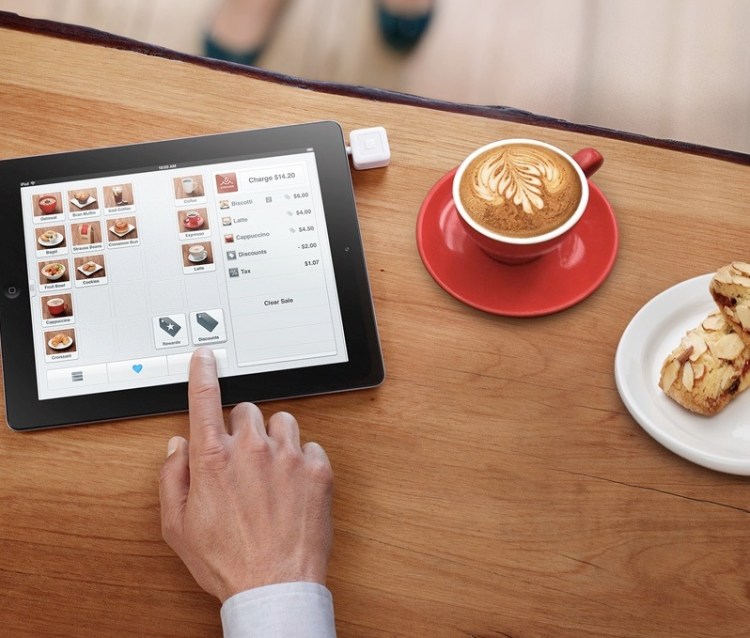On its quest to create as many merchant-centric products as it possibly can, Square added today a feature that lets you ask customers for the money they owe simply through the Internet. — imagine that.
Square Invoices are part of the company’s register service for merchants. Invoices help them send customized bills to and collect payment from their customers online. The service is unlimited, with no additional charges beyond the regular 2.75 percent transaction fee.
“We are intensely busy and don’t have time to track people down for payment,” said Franco Salerno, owner of Warrington, Penn.-based Darianna Bridal in an official statement
“Square makes it as easy as sending an email. I love being able to use our item library to easily input what a customer bought, and I especially love the ability to duplicate invoices because we often send several at a time for the same amounts,” he added.
June 5th: The AI Audit in NYC
Join us next week in NYC to engage with top executive leaders, delving into strategies for auditing AI models to ensure fairness, optimal performance, and ethical compliance across diverse organizations. Secure your attendance for this exclusive invite-only event.
This is coming at the heels of other recent releases from Square for its suite of merchant offerings. Last week, the company announced Square Capital, its selective cash advance program for merchants already using its products which has reportedly already advanced “tens of millions to small companies.”
In mid-May, Square killed its wallet app and replaced it with Order, a self-evidently named app that enables people to order and pay for food orders they’ll pick up (delivery is not yet available). The service is first available in San Francisco and New York City.
 Interstingly, Square had previously introduced an invoicing-type feature to its Square Cash service, allowing regular folks to request the money that other people owe them — like when your roommate owes you for apartment bills or drinks you bought them due to a “forgotten wallet.”
Interstingly, Square had previously introduced an invoicing-type feature to its Square Cash service, allowing regular folks to request the money that other people owe them — like when your roommate owes you for apartment bills or drinks you bought them due to a “forgotten wallet.”


